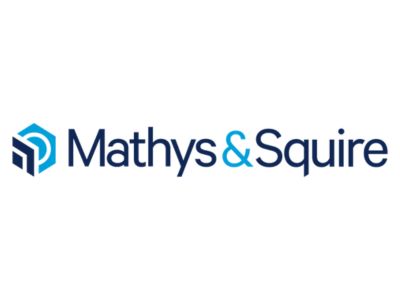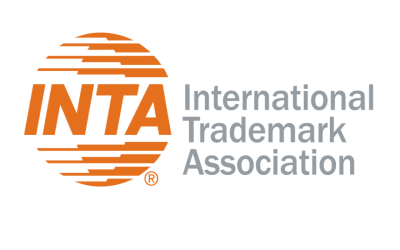The UK Government should seriously consider mandating artificial intelligence (AI) users to mark their content as AI-generated, says leading property law firm Mathys & Squire in response to the UK’s consultation on AI consultation that closes on February 25.
In December 2024, the UK Government launched a consultation on how copyright law should be changed to take into account the rise in Gen-AI (Copyright and Artificial Intelligence). The document asks for readers’ advice on whether AI material should be flagged as being created by AI – and whether the government should be responsible for regulating that.
Currently, there is no obligation for material generated using AI to be marked as such.
Adam Gilbertson, Managing Associate at Mathys & Squire, says: “As content generated using Gen-AI becomes increasingly indistinguishable from genuine manmade material, in many cases it’s in the public interest to know what material has been generated by AI so that they can make a properly informed opinion about that material.”
That applies to a whole range of content from Gen-AI-created reports, articles, and newspaper stories through to Gen-AI images, and not just for copyright purposes but for wider authenticity and bias concerns.
UK Government must balance responsibly to protect copyright holders with need to drive AI R&D in the UK
In the Copyright and Artificial Intelligence consultation, the government indicates that it favors an ‘opt-out’ model of making copyrighted material unavailable for AI training, similar to the EU’s current text and data mining (TDM) exception. This would mean copyrighted material can be used for training AI for commercial purposes unless the copyright owner makes it clear (in some way) that they have ‘reserved their rights’ to such material.
Gilbertson says that this is a sensible middle ground that should help ensure that content creators can seek fair remuneration for the use of their copyright-protected works whilst providing a safe harbor for AI developers, helping to make the UK a welcoming environment for AI R&D without too much red-tape.
Government must standardize how copyright holders opt out of AI models training on their data
Gilbertson also recommends that the government should standardize the way in which copyright holders opt out of such an exception and reserve their rights to help avoid potential disputes over what material is and is not available for commercial use.
Gilbertson says: “There is a big question mark over how to implement such an opt-out in practice to avoid confusion over what material is and is not freely available for use. Lessons should be learned from the uncertainty and disputes that have arisen in the EU over what counts as a valid opt-out of the EU’s TDM exception due to a lack of standardization. If the UK goes down this route, some form of standardization would help provide greater legal certainty and make it easier for AI companies to operate in the UK.”
You may also like…
EUIPO and UANIPIO welcome the integration of Ukraine’s trademarks into TMview
The European Union Intellectual Property Office (EUIPO) and the Ukrainian National Office for Intellectual Property...
Jägermeister succeeds in opposing the EU trademark application Alten Kräuterfrau for alcoholic beverages
Mast-Jägermeister SE filed an opposition on the grounds of Article 8(1)(b) – likelihood of confusion between the signs...
INTA’s Brand & New podcast wins prestigious w3 Award for “Inside the Dupe Revolution” series
New York, New York—October 14, 2025—The International Trademark Association (INTA) is proud to announce that its...
Contact us to write for out Newsletter













